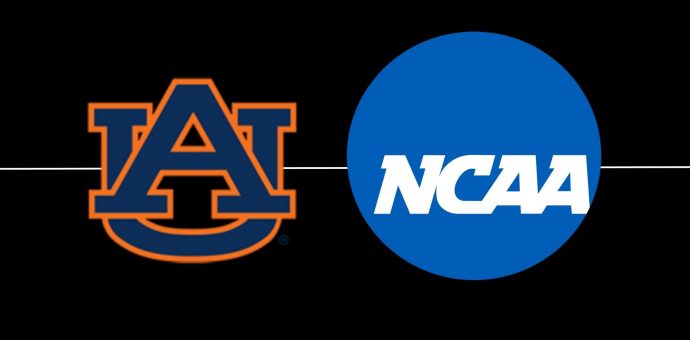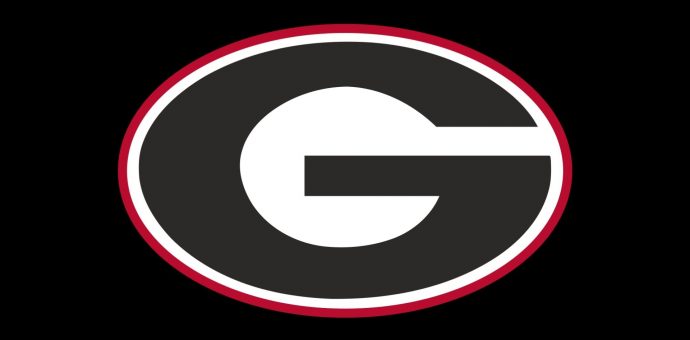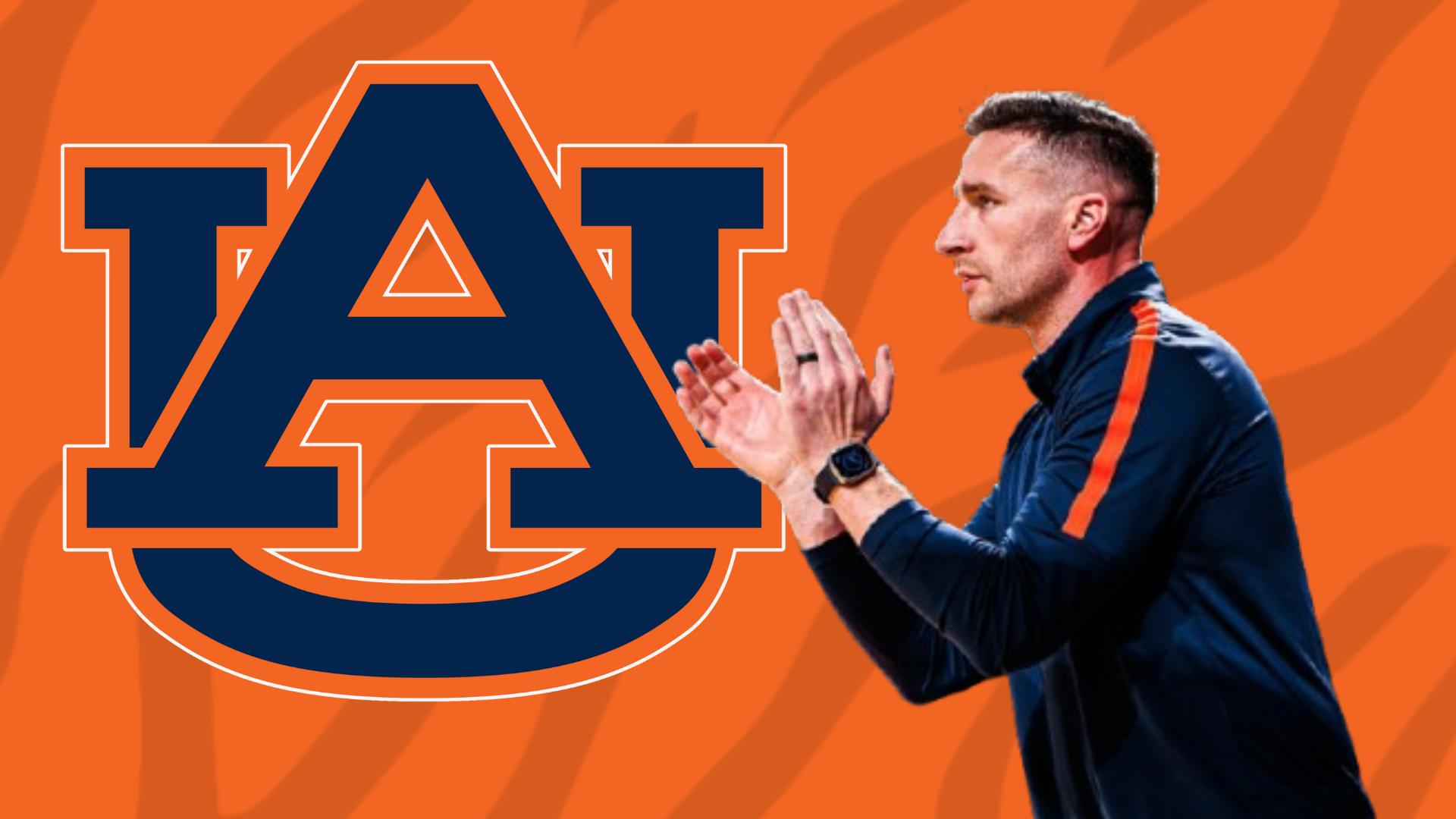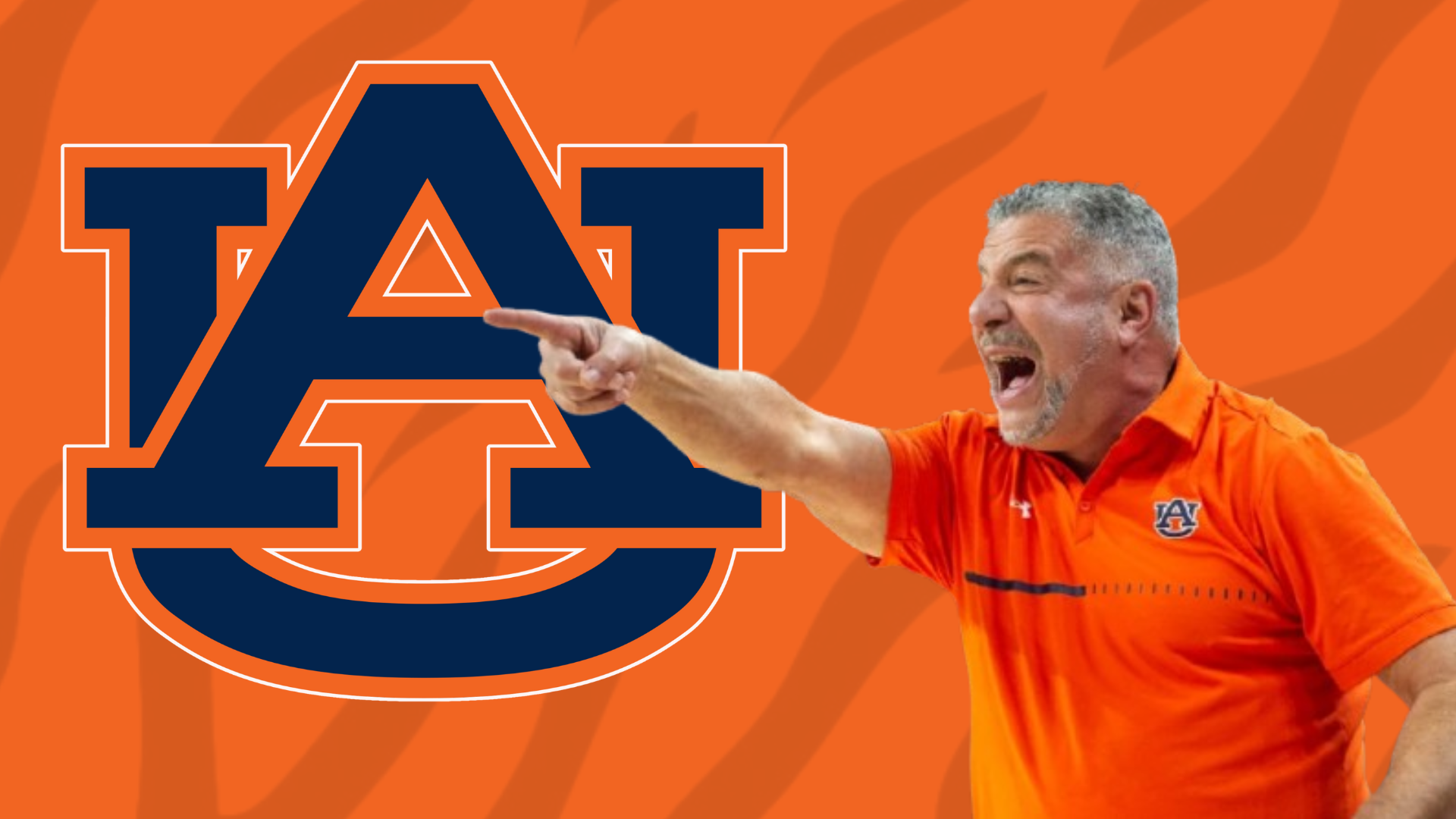Auburn head basketball coach Bruce Pearl has been suspended for two games by the NCAA, and the Tigers men’s basketball program was placed on probation for four years. This all stems from former associate head coach Chuck Person’s actions, as he was found to have “violated NCAA ethical conduct rules when he accepted $91,500 in bribes from a financial advisor in exchange for impermissibly influencing student-athletes and their families.”
“I’m appreciative of Auburn University, our leadership, the AU family and our current and former student-athletes as we navigated through the challenges of the last four years,” Pearl said in a statement. “We respect the NCAA peer evaluation process and appreciate the panel recognized we took meaningful and contemporaneous penalties. It is time to put this behind us. As part of our penalty, I will begin my two-game suspension tomorrow against Nebraska.”
The full list of penalties includes:
- Four years of probation.
- A 2020-21 postseason ban for the men’s basketball team (self-imposed).
- A $5,000 fine plus 3% of the men’s basketball program budget.
- A reduction of one scholarship during the 2020-21 academic year (self-imposed). The program must reduce the total number of scholarships by two during the term of probation.
- A reduction in the number of official visits in men’s basketball to 20 during the 2017-18/2018-19 rolling two-year period (self-imposed).
- A ban on unofficial visits for 19 weeks during the 2017-18 academic year (self-imposed).
- A ban on recruiting phone calls for a 20-week period during the 2017-18 academic year (self-imposed).
- A reduction in the number of recruiting person days in men’s basketball by 82 days during the 2017-18 academic year (self-imposed).
- A 10-year show-cause order for the former associate head coach. During that period, any NCAA member school employing him must restrict him from any athletically related duties unless it shows cause why the restrictions should not apply.
- A one-year show-cause order for the former assistant coach. During that period, any NCAA member school employing him must restrict him from any athletically related duties unless it shows cause why the restrictions should not apply.
- A two-game suspension for the head coach during the 2021-22 academic year immediately following the release of the panel’s decision.
- A vacation of all team records in which student-athletes competed while ineligible.
The complete 54-page public infractions decision can be found HERE.
The NCAA has also released the following summary of the decision:
A former Auburn men’s basketball associate head coach violated NCAA ethical conduct rules when he accepted $91,500 in bribes from a financial advisor in exchange for impermissibly influencing student-athletes and their families, according to a decision released by a Division I Committee on Infractions panel. Additionally, the associate head coach provided inducements and benefits to two men’s basketball student-athletes and their families. The men’s basketball head coach failed to adequately monitor the associate head coach and did not promote an atmosphere of compliance.
The conduct at the heart of this case was related to a broader scheme that involved money and influence at the intersection of college and professional basketball. The scheme resulted in the arrest and prosecution of multiple individuals — including college basketball coaches — on conspiracy and bribery charges, and it led to significant NCAA reforms.
This case originated Sept. 26, 2017, when FBI agents arrested the associate head coach in connection with an indictment and federal criminal complaint filed in the U.S. District Court for the Southern District of New York. The complaint alleged that the associate head coach accepted bribes from financial advisors in exchange for influencing student-athletes to retain the advisors’ professional services when the student-athletes entered the NBA. The associate head coach subsequently pleaded guilty to those charges.
In his federal court submissions, the associate head coach acknowledged that, due to poor money management and his financial support of family and friends after he retired from professional basketball, he experienced significant financial struggles. He confided in a representative of the financial advisor about his mounting debts. That representative, who was unaware at the time that the financial advisor was cooperating with the FBI, informed the financial advisor of the associate head coach’s situation and suggested that the financial advisor provide the coach with a loan to cover unpaid debt. The financial advisor agreed to the loan, and the representative arranged a meeting with the associate head coach in October 2016.
During that meeting, the group discussed a loan of $50,000 to the associate head coach. Under their agreement, the associate head coach would not need to repay the loan if he introduced student-athletes to the advisor and successfully influenced them to use the advisor’s professional services when those student-athletes entered the NBA. The associate head coach agreed, specifically discussed two Auburn student-athletes during the meeting and accepted an envelope of cash at the conclusion of the meeting.
The associate head coach continued to receive payments from the financial advisor until September 2017 as he followed through with his end of the arrangement by providing access to two student-athletes with NBA potential and their families over the course of three meetings.
The first meeting occurred in December 2016, during which the financial advisor provided $15,000 to the associate head coach in exchange for arranging a meeting with a student-athlete in the coach’s hotel room. During that meeting, the associate head coach introduced the student-athlete to the financial advisor and described the services the advisor could provide. The financial advisor offered to provide the student-athlete with $5,000 per month and a second cellphone to contact him as needed. The student-athlete later stated that the meeting caught him off guard but that he trusted his associate head coach. However, the student-athlete also stated he did not intend to make any commitments to using the financial advisor’s services.
Later that month, the associate head coach arranged a second meeting at his home, this time with the student-athlete’s mother and stepfather. During that meeting, he introduced the financial advisor and described how the advisor could help the student-athlete when he decided to play professional basketball. At the conclusion of the meeting, the advisor provided $1,000 in an envelope to the associate head coach, who insisted the student-athlete’s mother and stepfather accept the cash — despite their unwillingness to accept it initially — and assured them that everything would be OK.
The associate head coach arranged a third meeting in January 2017, this time at the associate head coach’s home with a second student-athlete and his mother. The financial advisor spoke to the student-athlete and his mother for approximately 10 minutes, describing the services he could provide and expressing gratitude if the student-athlete chose to retain his services. Neither the student-athlete nor his mother accepted any money from the financial advisor.
The meetings violated NCAA rules because athletics department staff members are prohibited from receiving benefits for facilitating or arranging a meeting between a student-athlete and an agent, financial advisor, or a representative of an agent or advisor. Athletics staff members are also prohibited from representing, directly or indirectly, individuals in the marketing of their athletics ability or reputation to an agency, and from accepting compensation for the representation.
“The associate head coach violated the trust of his student-athletes and their families. Rather than protect them, he intentionally brought opportunists into the Auburn men’s basketball program and, using his influence, introduced them to the student-athletes and their families,” the panel said in its decision.
The panel also concluded that the former associate head coach provided impermissible benefits to those same two student-athletes over the course of several years. The payments to one student-athlete began when he was a college prospect, after his father — the associate head coach’s distant family member — and mother separated. The associate head coach maintained a friendship with the then-prospect’s mother, but gradually shifted their conversations toward recruiting the prospect. He provided a total of approximately $2,300 to the prospect’s mother over the course of three years and paid for a $750 suit for the prospect.
Although the associate head coach had previously provided financial support to his distant family member, these payments were different. The associate head coach provided the payments directly to the then-prospect’s mother, and they occurred after the associate head coach expressed an interest in recruiting the prospect. As a result, the payments violated NCAA recruiting rules.
Following that prospect’s enrollment at Auburn, the associate head coach continued to provide the student-athlete with cash payments upon request, totaling up to approximately $800. At the same time, he continued to provide payments to the student-athlete’s mother, totaling approximately $700.
These payments constituted impermissible benefits, and as a result, the student-athlete competed while ineligible.
The associate head coach also provided a total of approximately $1,200 in cash payments over the course of two academic years to a second student-athlete during meetings. The associate head coach provided approximately $4,300 in additional cash payments to the student-athlete’s mother and stepfather. Additionally, he paid for a two-night stay in a hotel so they could travel to see the student-athlete compete in the conference basketball tournament.
These payments also constituted impermissible benefits, and as a result, the second student-athlete also competed while ineligible.
After he was arrested, Auburn immediately fired the associate head coach. The former associate head coach later declined to be interviewed by the NCAA enforcement staff — resulting in a violation of ethical conduct rules because he did not meet his obligation to cooperate in an investigation.
The panel also considered allegations that a former Auburn assistant coach and a nonscholastic coach paid the tuition of a walk-on student-athlete. While the panel was troubled by the potential violations and the possible involvement of the Auburn men’s basketball program, the information about those potential violations could not be corroborated, and the panel could not conclude the alleged violations occurred.
The former assistant coach participated in two interviews with NCAA enforcement staff. When enforcement staff requested a third interview after it uncovered additional information about potential violations, the former assistant coach did not respond to five separate requests to participate in an interview. As a result, he failed to meet his obligation to fully cooperate in an investigation.
Finally, the committee determined that the men’s basketball head coach violated head coach responsibility rules because he did not adequately monitor the associate head coach and failed to promote an atmosphere of compliance. Specifically, the committee noted that the head coach’s monitoring efforts were tardy or limited in nature. In its decision, the panel cited several specific examples in which — despite the head coach’s claim to have monitored and educated his staff about NCAA compliance — other noncoaching staff members failed to report potential issues to the head coach or the compliance department. Further, when the head coach became aware of potentially problematic situations involving the associate head coach, he failed to ask reasonable and pertinent questions. These shortcomings allowed violations to go undetected.
The panel classified the case as Level I-aggravated for the associate head coach, Level I-aggravated for the school, Level I-mitigated for the former assistant coach and Level I-mitigated for the head coach. The panel used the Division I membership-approved infractions penalty guidelines to prescribe the measures.






